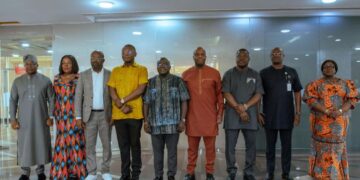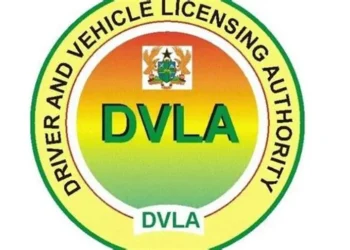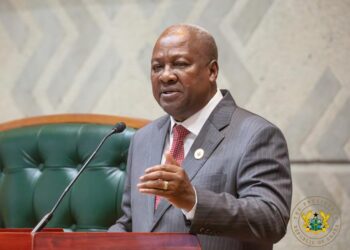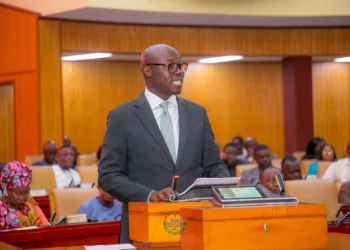Chris Appiah, Acting Director of Transport at the ECOWAS Commission, has dismissed claims that the Abidjan-Lagos Corridor Highway Project has suffered delays.
His clarification comes on the heels of a reaffirmation by Ghana’s Minister for Roads and Highways, Kwame Governs Agbodza, of the government’s steadfast commitment to the project’s successful implementation.
He said this during the official launch of the National Stakeholders and Community Engagement Campaign for Project-Affected Communities in Accra on Wednesday, May 14.
The 1,028-kilometre highway, when completed, will link five West African countries—Côte d’Ivoire, Ghana, Togo, Benin, and Nigeria—connecting major economic hubs including Abidjan, Accra, Lomé, Cotonou, and Lagos.
Mr. Agbodza emphasised the project’s critical role in regional economic integration, noting that Ghana’s segment of the corridor spans approximately 520 kilometres—more than half of the entire route.
Despite assurances, concerns have emerged among some Ghanaians who believe the project is experiencing delays.
However, speaking on Starr FM, ECOWAS Transport Director, Chris Appiah firmly denied these claims and offered clarification on the project timeline.
Mr. Appiah explained that just as the feasibility phase concluded and work was transitioning into the detailed design phase, the COVID-19 pandemic struck.
He emphasised that these disruptions were beyond control and should not be interpreted as mismanagement or unnecessary delays.
Mr. Appiah stated, “We started the technical studies for this corridor in 2019 and we were supposed to finish the detailed designs in 28 months and it was divided into4 phases. This Highway crosses 5 countries. Among these 5 countries, we have French speaking and English speaking. So we needed to first harmonise out standards as 5 African countries to have one Highway, that was done. Secondly, we needed to agree where this new Highway will pass, that was also done.”
“When we finished with the feasibility and we were moving to the detailed design, covid hit, there were border closures and you know technical studies for highways and we are talking about 1028 kilometres, we needed to cross borders, there were lockdowns, we lost almost over a year to covid. So afterwards, we needed to do a lot of contractual changes because engineers were locked, they couldn’t go back to their countries and all that. I’m saying this to correct the impression that this has delayed. We were faced by force majeure, it’s a very complex project. We started in 2019 and unfortunately as we speak today, we have the final designs that we are reviewing to valid it.”





































